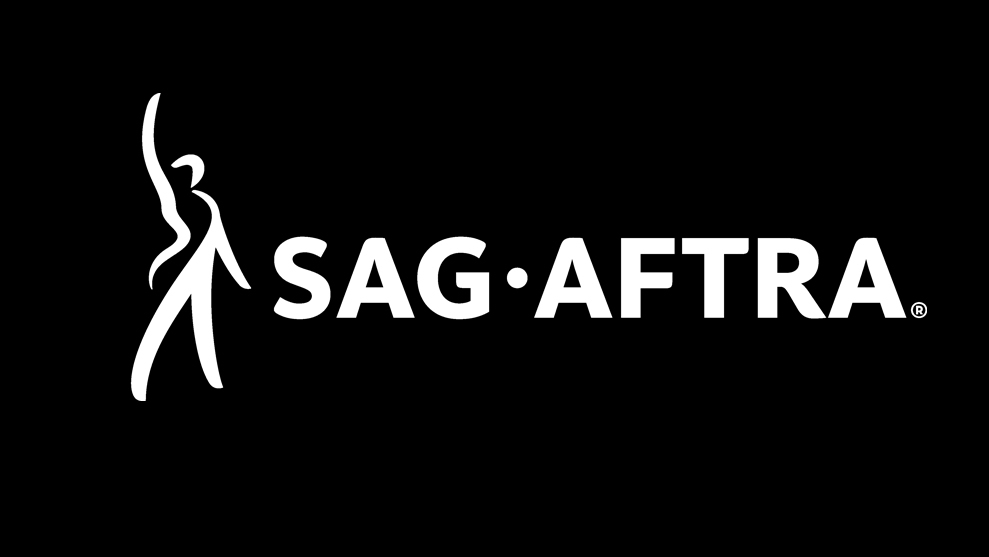SAG-AFTRA Warns Members of Possible Strike Against BBH Ad Agency
By Dave McNary
LOS ANGELES (Variety.com) – SAG-AFTRA is warning members that it may call a strike against the advertising agency Bartle Bogle Hegarty for allegedly violating the union’s contract.
has notified its 160,000 members that BBH is disputing its status as a signatory and that SAG-AFTRA is challenging BBH’s position. The agency has produced commercials for Audi, Absolut, Ikea, Samsung, and Virgin Media. It has not responded to a request for comment from Variety.
“We have not yet called for a strike against BBH,” the union said. “However, if we are unable to resolve this matter, we will take that step very soon. BBH believes it is free to disregard the terms of your contract, including contributions to your Pension & Health benefits, minimum compensation, and the responsible use of your image, voice, and performance.”
“BBH IS WRONG,” SAG-AFTRA added. “This company is obligated to respect the minimum terms of the Commercials Contract. If you are offered a job on a BBH commercial, you must work under a SAG-AFTRA agreement.”
The union has also asked members to report any information about a commercial being produced by BBH, or if BBH is connected in any way to a job that the member has accepted.
The move comes with SAG-AFTRA having launched its official process to hammer out a contract proposal for its upcoming negotiations on the commercials contract, which represents over $1 billion in annual earnings for union members, by holding a series of “wages and working conditions” meetings for members. SAG-AFTRA’s current deal with the Joint Policy Committee, which represents advertisers and advertising agencies, expires on March 31. The two sides have not yet set a date for starting negotiations.
Union leaders asserted in 2016 during the ratification campaign that the successor deal for commercials included “more than $200 million” in pay hikes for members with a 7% hike in minimum wage rates and a 1.2% increase in employer contributions to health and retirements funds.
The current deal included a 2% increase in residuals paid for national network broadcast commercials, also known as Class A; a 6% increase in national cable residuals; and increases in residuals for internet commercials and commercials on cell phones. But the deal also contains a concession that television commercials could be concurrently streamed on the internet or cellphones without additional compensation.

